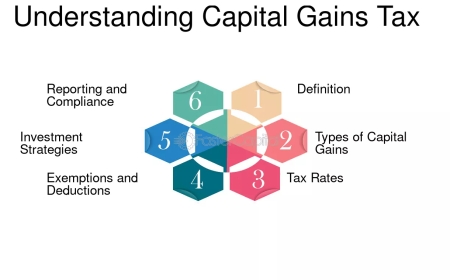Guide to Understanding Retirement Accounts

Planning for retirement is a crucial aspect of financial management, and understanding the various types of retirement accounts available is key to making informed decisions. Retirement accounts are designed to help individuals save for their golden years, offering tax benefits and other incentives to encourage long-term savings.
There are several types of retirement accounts, each with its own set of rules, benefits, and limitations. The most common include 401(k), Individual Retirement Accounts (IRAs), and Roth IRAs. A 401(k) is an employer-sponsored plan that allows employees to contribute a portion of their salary to a retirement account on a pre-tax basis. IRAs, on the other hand, are individual accounts that can be opened by anyone with earned income. Roth IRAs are a type of IRA that allows contributions to be made with after-tax dollars, offering tax-free growth and withdrawals in retirement.
When choosing a retirement account, it's essential to consider your individual financial situation, goals, and needs. Factors to consider include your income level, tax bracket, and whether you have access to an employer-sponsored plan. For example, if your employer offers a 401(k) matching program, contributing enough to maximize the match can be a wise decision. Additionally, understanding the tax implications of different retirement accounts can help you make informed decisions about your contributions and withdrawals.
Another critical aspect of retirement accounts is the rules governing withdrawals. Understanding when and how you can access your retirement savings without incurring penalties or taxes is vital. For instance, traditional IRA and 401(k) accounts typically require you to start taking required minimum distributions (RMDs) at age 72, while Roth IRAs do not have RMDs during the account owner's lifetime.
In conclusion, understanding retirement accounts is a vital step in planning for a secure financial future. By familiarizing yourself with the different types of accounts available, their benefits, and the rules governing them, you can make informed decisions that align with your retirement goals. Whether you're just starting to save or are nearing retirement, having a comprehensive understanding of your retirement account options can help ensure that you're on the right path.
To further enhance your retirement planning, consider consulting with a financial advisor who can provide personalized guidance based on your unique circumstances. They can help you navigate the complexities of retirement accounts, optimize your savings strategy, and create a tailored plan that meets your needs.
Moreover, staying informed about changes in retirement account regulations and tax laws can also impact your retirement planning. For instance, understanding how changes in tax rates or contribution limits might affect your retirement savings can help you adjust your strategy accordingly.
Ultimately, the key to a successful retirement is starting early, being consistent, and making informed decisions about your retirement accounts. By doing so, you can enjoy a more secure and fulfilling retirement, knowing that you've taken the necessary steps to prepare for your future.




















